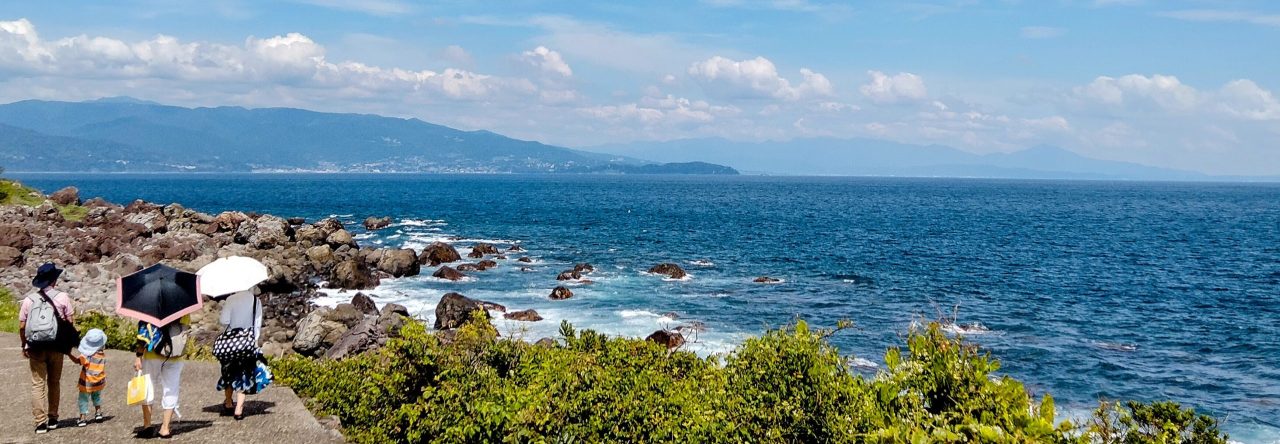■20200520(水曜日:雨) shock doctrine

■今朝は走るつもりで昨夜は早めに休んだのですが、明け方から冷え込みのためでしょうか、軽い寒気を感じました。掛け布団を厚めのものに替えて休みましたが、体調を崩すのが怖いので走るのは止めました。
5時前には雨音も聞こえていましたし、無理をしても意味がありませんので明日以降、頑張って積み重ねをするしかありません。こうなると日曜日に、まとめて長い距離を走る LSD を敢行せざるを得ないようです。
まだ50キロ超残っていますので、これはよほど心してかからないと目標の月100キロ走が達成できません。そういう時もあります。冷静に対処するしかありません。
■さて、今朝の東京新聞「こちら特報部」では、学校の「9月入学議論より学校再開を」、「来秋なら入試・就職 混乱」、「複雑すぎる想定 財政負担も巨額に」、「夏休み短縮 土曜授業などで代替を」、「休校 感染拡大防止に効果なし」、「小児科医 学校クラスターはなし」、「政権 ショックドクトリン」、「公衆衛生の問題を教育政策にすり替え」と政府の対応に批判的です。
『政治が急に9月入学へ着目しだしたのは、二つの問題を解消したいからだと感じる』として、慶應義塾大学の中村真紀子教授は以下のように語っています。それは、授業日数不足による平均的な学力低下と勉強ができる子とできない子の学力格差が問題で、いずれも生涯賃金の低下を招くなど将来的に悪影響が出ることが、海外のデータから明らかになっているからだ、と指摘しています。
しかし、そもそもなぜ九月入学などという議論が出てきたかと言えば、それは最長で三ヶ月に及ぶ学校の休校が原因です。新型コロナ感染拡大防止を名目に、安倍首相が二月下旬、専門家会議にも諮らずに独断で、全国一斉休校を要請したのが発端でした。
その休校が本当に感染防止拡大に役立ったかと言えば、小児科医の森内浩幸 長崎大学教授(感染症)は否定的な見解をまとめ、以下のように述べています。
(1)新型コロナウイルスの患者のうち、子どもの占める割合が少なく、ほとんどが家庭内の感染
(2)現時点では学校や保育園におけるクラスター(感染者集団)はないか、あっても極めてまれ
(3)学校や保育所などの閉鎖は流行を防ぐ効果に乏しく、医療従事者が休業せざるを得なくなり、新型コロナによる死亡率を高める可能性がある
以上のような理由から子ども達同士の感染リスクは低く、休校は感染拡大防止にはつながっていない、と述べています。
森内先生は、新型コロナウイルスの感染は子どもの間で感染爆発が起きるインフルエンザとは違うとして、むしろ友達にも先生にも会えず、家に閉じこもる子らの心身の健康や学習に問題が起きている。残念だが、親からの虐待も増えている、としてデメリットを考えるべきだと述べています。
こうして専門家から休校効果に根拠がないと述べられているにもかかわらず、その休校を理由に9月入学制導入というのは、どう考えても理屈に合いません。
愛知工業大学の中嶋哲彦教授は、こう語っています。『政権運営への批判も強まる中、何かやるだろうとは思ってたが、それが9月入学とはショックドクトリンだ。自らの利益のため惨事に便乗している』と憤っておられます。
東北大学の青木栄一准教授は『今回の休校の政策目的は感染爆発を防ぐという、公衆衛生の問題だったのに、再開の今はいつの間にか9月入学という教育政策の問題にすり替わった』と指摘しています。
『本来は公衆衛生問題として休校にしたのだから、学校再開も公衆衛生上の根拠が必要なはずだが、もともときちんとした根拠があって休校した訳ではないからこうなる。一度休校したら再開に不安の声があがるのも当然だ。政府は状況をもっと可視化し、根拠を示して政策を進めるべきだ』と釘を刺されています。
■誠にその通りだと、私も感じるのです。安倍政権の打ち出す政策は、ことごとくコロナウイルス感染という惨事に便乗、つまり影で悪巧みをしているとしか思えないのです。
次から次にキャッチフレーズ的な政策を打ち出し、国民の目をそらし、結果を検証することなく、ごまかし続けているのが実態です。惨事に便乗して、大きな問題をはらむ法律を陰で次々と通過させる手法などは、これこそまさにショックドクトリンの典型ではないかと、分かりやすい例を国民に示してくれています。
いつまでも「見ざる・言わざる・聞かざる」では、国民は地獄に落ちるだけなのです。
I rested early last night with the intention of running this morning, but I felt a slight chill, perhaps due to the cold from dawn. I changed the comforter to a thicker one and rested, but I stopped running because I was afraid of getting sick.
The sound of rain was heard before 5 o’clock, and there was no point in overdoing it, so after tomorrow, I have no choice but to do my best and build up. It seems that I have no choice but to do a long distance LSD on Sunday.
I still have more than 50km to go, so I need to take this to heart before I can reach my goal of running 100km a month. There are times when that happens. I have no choice but to deal with it calmly.
■This morning’s Tokyo Shimbun’s “Here’s a special report” is critical of the government’s response to the following: “School reopens rather than discussing September enrollment”, “Next fall will bring confusion over entrance exams and employment”, “Too complex an assumption and a huge financial burden”, “Shorten summer vacations and substitute Saturday classes”, “No effect on preventing the spread of infection”, “No pediatrician school clusters”, “Administration shock doctrine”, and “Swap public health issues for education policy”.
Makiko Nakamura, a professor at Keio University, said, “I feel that the reason why politics has suddenly started to focus on September admission is because they want to solve two problems. This is because overseas data shows that the average academic performance of children who are unable to study and those who are unable to study decline due to a lack of class days, and that both of these problems will have negative effects in the future, including a decline in lifetime wages.
However, the reason why the discussion of September enrollment came up in the first place is because of the longest school closure of three months. In late February, in order to prevent the spread of new corona infections, Prime Minister Abe arbitrarily called for the nationwide closure of all schools without consulting an expert meeting.
When asked if the school’s closure really helped prevent the spread of infection, pediatrician Hiroyuki Moriuchi, professor of infectious diseases at Nagasaki University, summed up his negative view and said the following
(1) Children account for a small percentage of cases of the new coronavirus, and most cases are transmitted in the home.
(2) Currently, there are no or very few clusters in schools and nursery schools.
(3) The closure of schools and daycare centers is not effective in preventing the epidemic, forcing medical workers to close their doors and potentially increasing the mortality rate from the new corona.
For these reasons, the risk of infection between children is low, and school closures have not prevented the spread of infection, he said.
Dr. Morichi said that the infection of the new coronavirus is different from the flu, which causes an explosion of infection among children, but rather, it causes problems in the mental and physical health and learning of children who are confined to the house, unable to see their friends or teachers. Unfortunately, parental abuse is also on the rise, as should be considered a demerit, he said.
Thus, even though experts have stated that there is no basis for the effect of school closures, it is unreasonable to introduce a September admission system on the basis of those closures.
Professor Tetsuhiko Nakajima of the Aichi Institute of Technology said. “I knew they would do something with the growing criticism of the administration’s management, but it’s a shock doctrine that it’s September enrollment. He is indignant that they are taking advantage of the disaster for their own benefit.
Eiichi Aoki, an associate professor at Tohoku University, pointed out that the policy objective of the school closure was a public health issue to prevent an explosion of infection, but now that the school has reopened, it has been replaced by an educational policy issue of starting school in September.
This is because the school was originally closed as a public health problem, and therefore the reopening of the school should have a public health basis, but the school was not closed for a proper basis in the first place. Once the school is closed, it is no wonder that there is a lot of anxiety about reopening. The government should make the situation more visible and show the basis for its policies,” he said.
■I also feel that this is true. I can’t help but think that the Abe administration’s policies are all capitalizing on the catastrophe of coronavirus infection, in other words, they are devious in the shadows.
The reality is that they continue to deceive the public by coming up with one catchphrase policy after another, diverting their attention away from it, without verifying the results. This is an easy-to-follow example of the shock doctrine, which is a method of taking advantage of a catastrophe to pass one big problematic law after another behind the scenes.
If we continue to “see no evil, say no evil, hear no evil,” the people will only go to hell.
